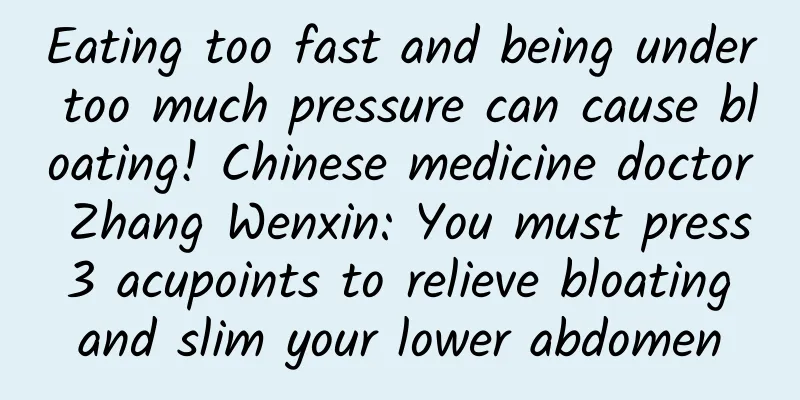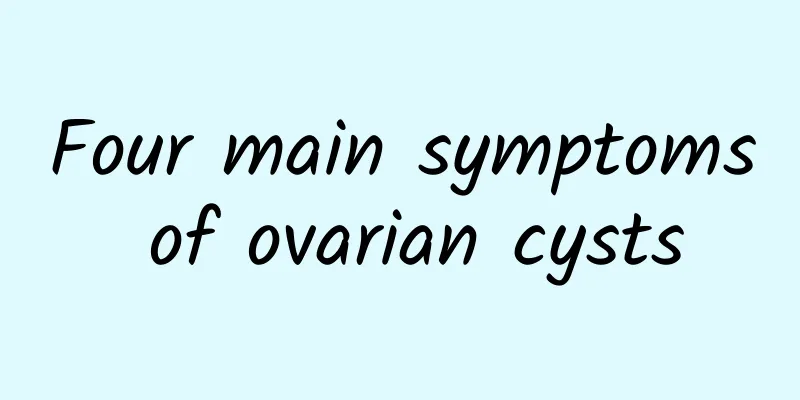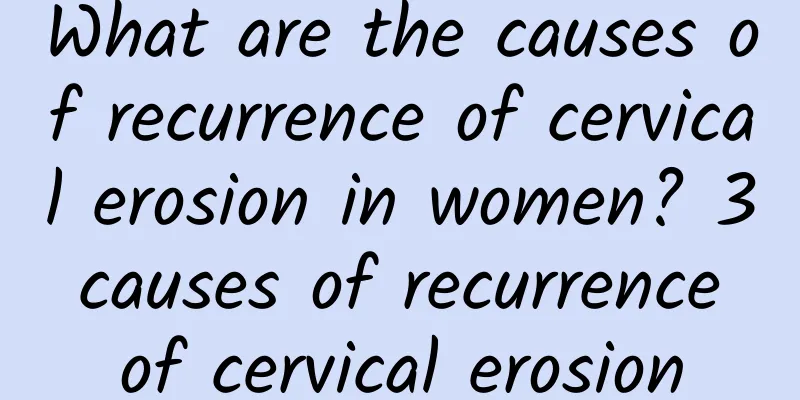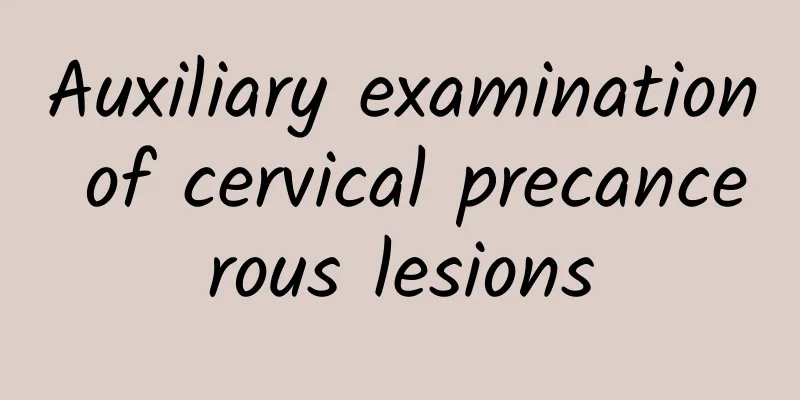How to judge whether left ovarian cyst needs surgery or can it be treated with drugs?
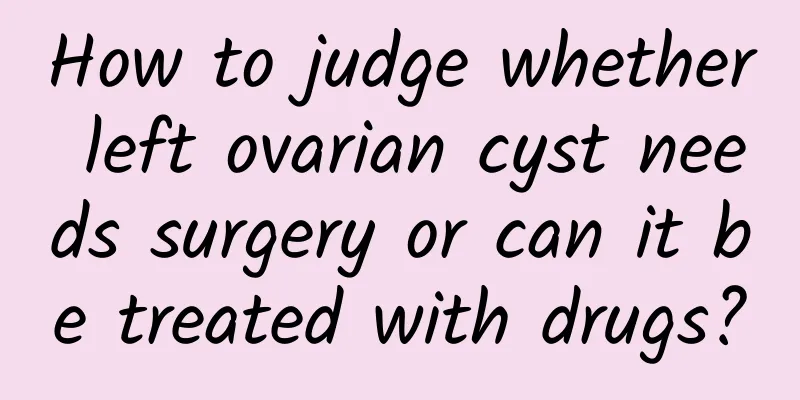
|
Ovarian cysts refer to benign tumors of the ovaries and are the most common gynecological diseases. They can occur in women of any age, but are more common during the reproductive period. Patients usually have no obvious symptoms and are often discovered accidentally during physical examinations. So, how do you determine whether a left ovarian cyst requires surgery? Can it be treated with medication? Cysts with a diameter greater than 5 cm and less than 5 cm are generally considered physiological and can be followed up with ultrasound every 3 months. Most of them will shrink or disappear on their own, but they may grow again on the other ovary or the same ovary. Cysts with a diameter greater than 5 cm are not harmful if they are pure cysts. The main complications are rupture, infection, torsion, etc., so surgical treatment is recommended. There are two main types of treatment: Laparoscopic treatment: Laparoscopic technology allows doctors to clearly and intuitively detect male and gynecological diseases and causes of infertility and perform surgery. Examination and treatment are carried out simultaneously, minimizing trauma, making it safe and painless. Compared with traditional surgery that requires a large incision, combined hysteroscopy and laparoscopy only requires a 3-cm incision, and the patient completes the surgery without knowing it. Small incisions mean less damage, and faster recovery after surgery, usually allowing patients to be discharged from the hospital in about 2 days. Traditional Chinese Medicine: Traditional Chinese medicine believes that the disease is mainly related to phlegm and blood stasis. Phlegm and turbidity block the meridians, affecting Chong and Ren, causing irregular menstruation, poor circulation, uterine malnutrition, phlegm and turbidity blocking the rise and fall of qi, affecting water metabolism, and phlegm and blood stasis are the key to the symptoms and signs of endometriosis. The traditional Chinese medicine "Xiao Nang Zhu Yu Fang" targets different symptoms such as qi stagnation and blood stasis, cold stagnation and blood stasis, phlegm and blood stasis, and can play the role of soothing the liver and regulating qi, promoting blood circulation and removing blood stasis, clearing away heat and detoxifying, softening and dispersing nodules, thereby achieving the purpose of completely curing ovarian cysts. |
<<: What foods should I eat for irregular menstruation
>>: What is the disease of vulvar itching and leucorrhea?
Recommend
The most common complications of pelvic inflammatory disease
There will be a lot of inflammation in the pelvic...
Will inappropriate sexual life lead to cervical erosion? What are the dietary treatments for cervical erosion?
Cervical erosion is a common gynecological diseas...
What should I pay attention to after medical abortion?
What should I pay attention to after medical abor...
What medicine is better for uterine fibroids? Treatment methods for uterine fibroids
Since uterine fibroids are related to estrogen, m...
Auxiliary examination of cervical precancerous lesions
The appearance of cervical precancerous lesions h...
What are the treatments for ovarian cysts?
Qiandan: What are the treatments for ovarian cyst...
What is the reason for light menstrual color?
What is the reason for light menstrual color? Lig...
High-quality public hospitals for miscarriage treatment
Abortion is not unfamiliar to most people. There ...
How much does it cost to treat endometrial thickening?
How much does it cost to treat endometrial thickn...
Can I get vaginitis without having sex? What are the causes of vaginitis?
Vaginitis, as the name implies, is a pathological...
Why do I get constipated when I take medicine for uterine fibroids? Will I bleed when I take medicine for uterine fibroids?
Why do I get constipated when I take medicine for...
What Chinese medicine can't be eaten for uterine adenomyosis? What food and fruit can't be eaten for uterine adenomyosis?
Uterine adenomyosis is a common gynecological dis...
What should I pay attention to when I have cervicitis?
What should patients with cervicitis pay attentio...
The main manifestations of endometriosis
In life, women are more susceptible to diseases t...
Causes of premature ovarian failure
Causes of premature ovarian failure: Premature ov...
